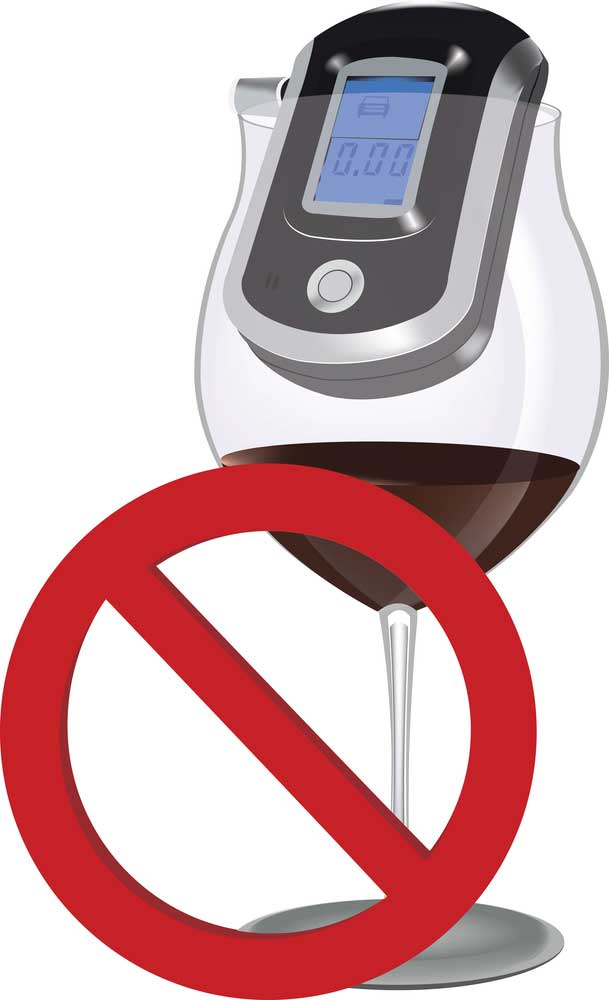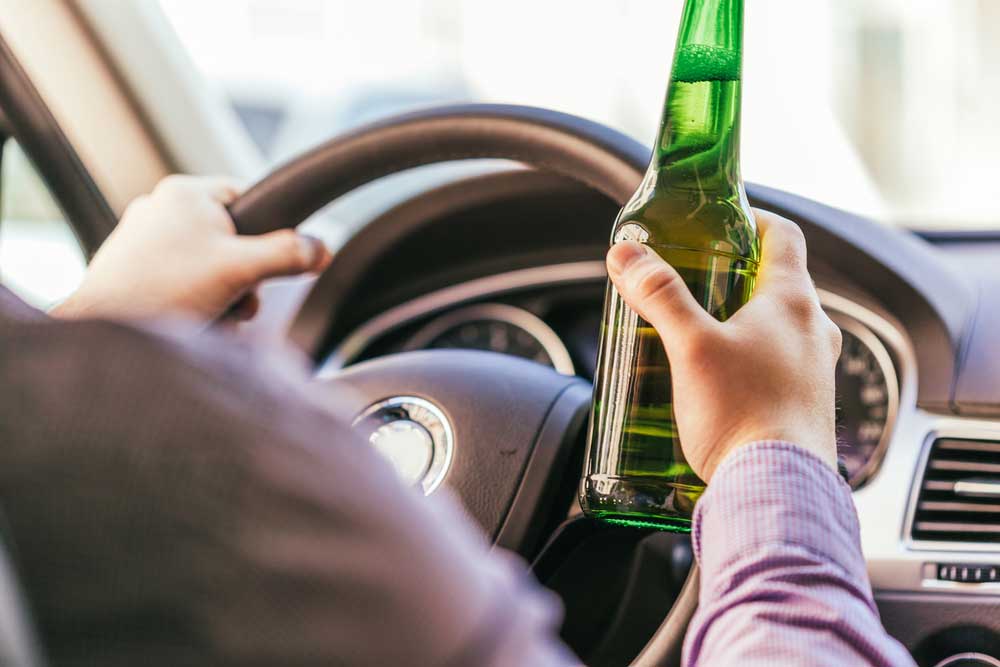We rely on vehicle transportation to get us to and from work, school, errands, recreational events, vacation destinations, doctor’s appointments, and countless other locations. While it is one of the most popular forms of travel (especially in the Lake Area where public transportation is extremely limited), it is unfortunately one of the most dangerous ones as well.
Dangers Of Roadway Travel
Distracted drivers, drowsy drivers, and intoxicated drivers are some of the biggest threats to other travelers. Driving is an important task that requires consistent attention, alertness, and focus. When people operate vehicles while not functioning at full mental capacity, they put themselves and hundreds of other drivers and passengers at risk.
It is difficult to quantify distraction or drowsiness, so there aren’t laws in place specifically regulating these hazards Instead, drivers are asked to exercise good judgment and maintain personal responsibility for minimizing distractions while behind the wheel and get off the road when they feel sleepy. If drivers fail to exercise this good judgment, they may be legally liable under “reckless driving,” “careless and imprudent driving,” or other charges.
 Because it is relatively easy to quantify intoxication, on the other hand, federal law has strict rules that regulate how much alcohol drivers are allowed to consume before operating a motor vehicle.
Because it is relatively easy to quantify intoxication, on the other hand, federal law has strict rules that regulate how much alcohol drivers are allowed to consume before operating a motor vehicle.
Understanding Blood-Alcohol Content
Alcohol hits everyone’s systems differently, so the rules regulating drinking and driving focuses on blood-alcohol content rather than the number of drinks a person has consumed. The legal limit is 0.08% blood alcohol content (BAC). However, it is crucial to acknowledge that different people reach this cut-off after consuming very different amounts of alcohol. BAC is influenced by a variety of different factors, including:
- The strength of the drinks you consume
- The number of drinks you consume
- Whether or not your stomach is empty when you drink
- Whether or not you eat when you drink
- How quickly you consume the drinks
- How much you weigh
Identifying Drunk Drivers
Police officers are charged with the responsibility of keeping our roadways safe by identifying drivers who operate motor vehicles while intoxicated. Preliminary warning factors officers look for include swerving in and out of lanes, starting and stopping abruptly, and other driving anomalies. These are examples of the types of probable cause that can be used to stop someone under suspicion of drunk driving.
Once a driver has been stopped, the officer may ask him to perform various tests so that the officer may further evaluate the driver’s level of sobriety/intoxication. These tests include walking heel-to-toe in a straight line, following the officer’s index finger with his gaze, and other field sobriety tests. If the officer has legitimate reason to believe that the driver may be intoxicated, the officer may also ask the driver to submit to a breathalyzer test in order to get an official reading of the driver’s BAC.
Important: While the legal limit is 0.08%, a driver with a lower BAC level may still be charged with drunk driving. Physical and mental impairment often manifests at lower BAC levels. You could have a BAC level of 0.04%, for example, and still be arrested for drunk driving.
Defending Yourself From Drunk Driving Charges
Driving while intoxicated is a serious offense. The best way to protect yourself and other drivers is to always have a designated sober driver and to never operate a motor vehicle after consuming alcoholic beverages. If should find yourself faced with drunk driving charges, however, we encourage you to contact a Lebanon DWI defense attorney for representation.
Contact Deputy & Mizell, LLC
Lebanon: 417-532-2191 Facebook
Camdenton: 573-346-9990 Twitter
Tuscumbia: 573-369-0001 Google+
www.DeputyandMizell.com LinkedIn



